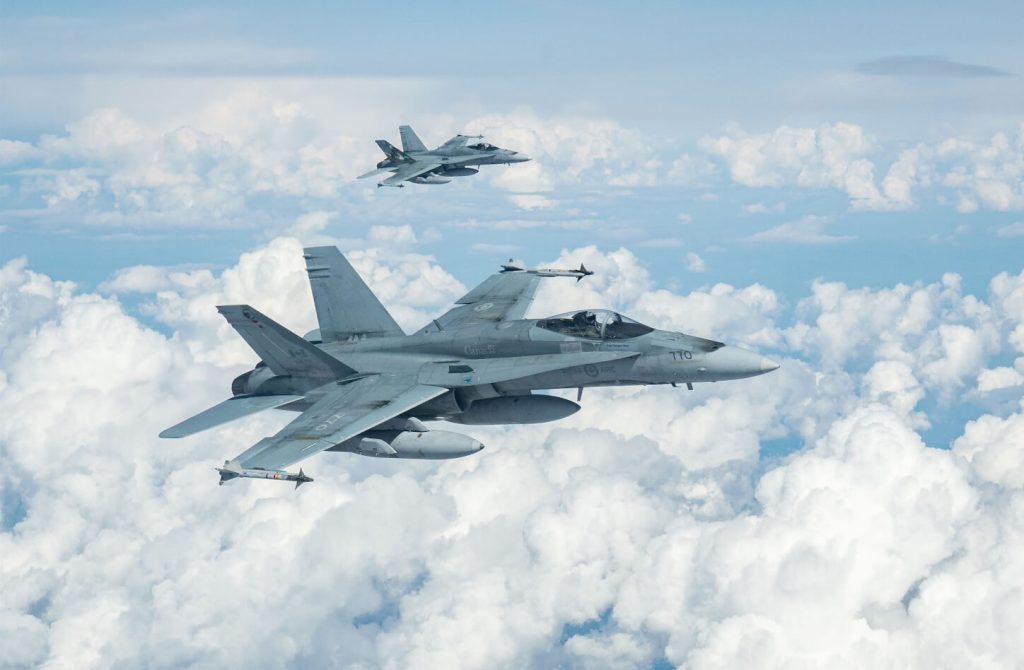Aerial defense took center stage when the United States and Canada intercepted a combined force of Russian and Chinese bombers operating in international airspace near Alaska. The North American Aerospace Defense Command (NORAD) reported the incident, which involved two Russian TU-95 and two Chinese H-6 military aircraft within Alaska’s Air Defense Identification Zone (ADIZ) on Wednesday.
US and Canadian warplanes swiftly “detected, tracked, and intercepted” the foreign aircraft, showcasing the robustness of their joint defense capabilities. NORAD emphasized that the aircraft did not enter US or Canadian sovereign airspace and were not considered a threat.
Russia’s Ministry of Defence confirmed the joint air patrol on Thursday, stating that the operation lasted over five hours in the northern Pacific Ocean. The ministry noted that the aviation group was escorted by fighter jets from other countries at various stages of the route.
China’s Ministry of Defence spokesperson, Zhang Xiaogang, explained that the joint air strategic patrols were part of an annual military engagement plan and aimed to deepen strategic mutual trust and coordination. He stressed that the patrols were not directed at any third parties and had “nothing to do with the current international situation.
Intercepting an aircraft, in military terms, means making contact with a foreign aircraft through electronic or visual means. Countries like the US, China, India, and Japan have established ADIZs, which require foreign military aircraft to identify themselves upon entering a specific zone of airspace. Unlike sovereign airspace, ADIZs are not recognized in international law or overseen by any international body.
Russian military activity near Alaska’s coast is not uncommon. In February, NORAD reported detecting four Russian warplanes operating in the Alaska ADIZ. Similarly, Moscow recently scrambled fighters to intercept two US bombers that approached the Russian border over the Barents Sea in the Arctic.
NORAD reiterated its commitment to monitoring competitor activity near North America, stating, “NORAD will continue to monitor competitor activity near North America and meet presence with presence.










